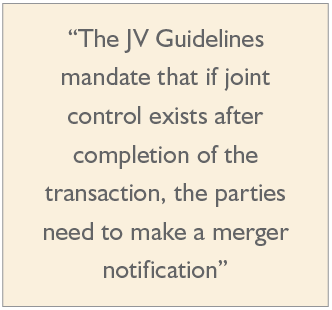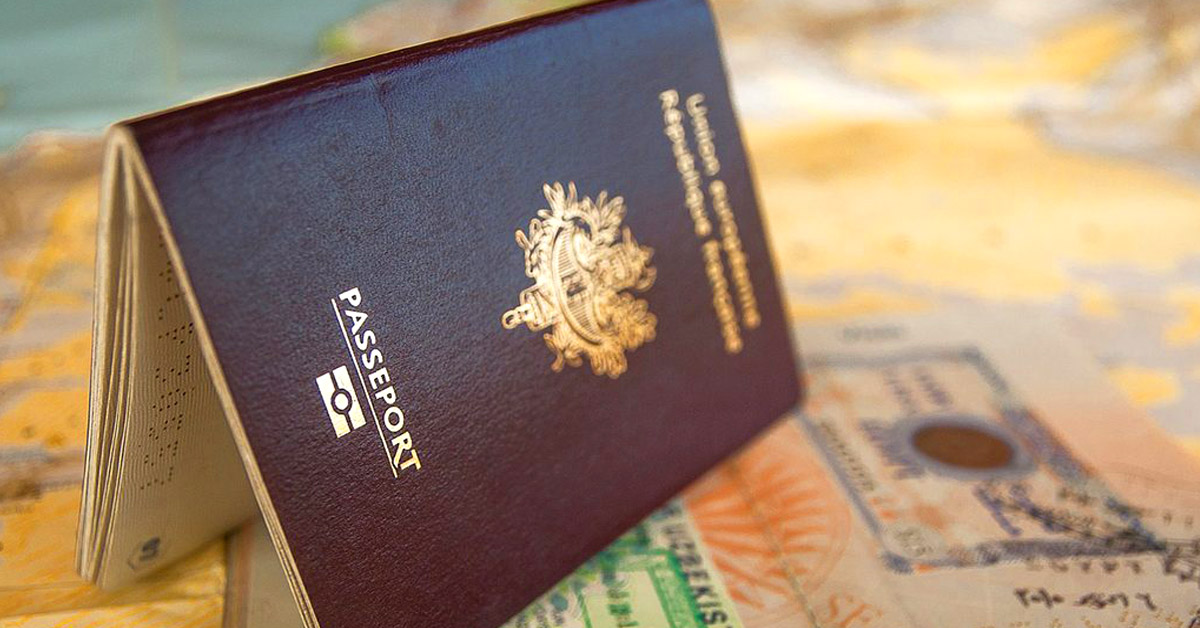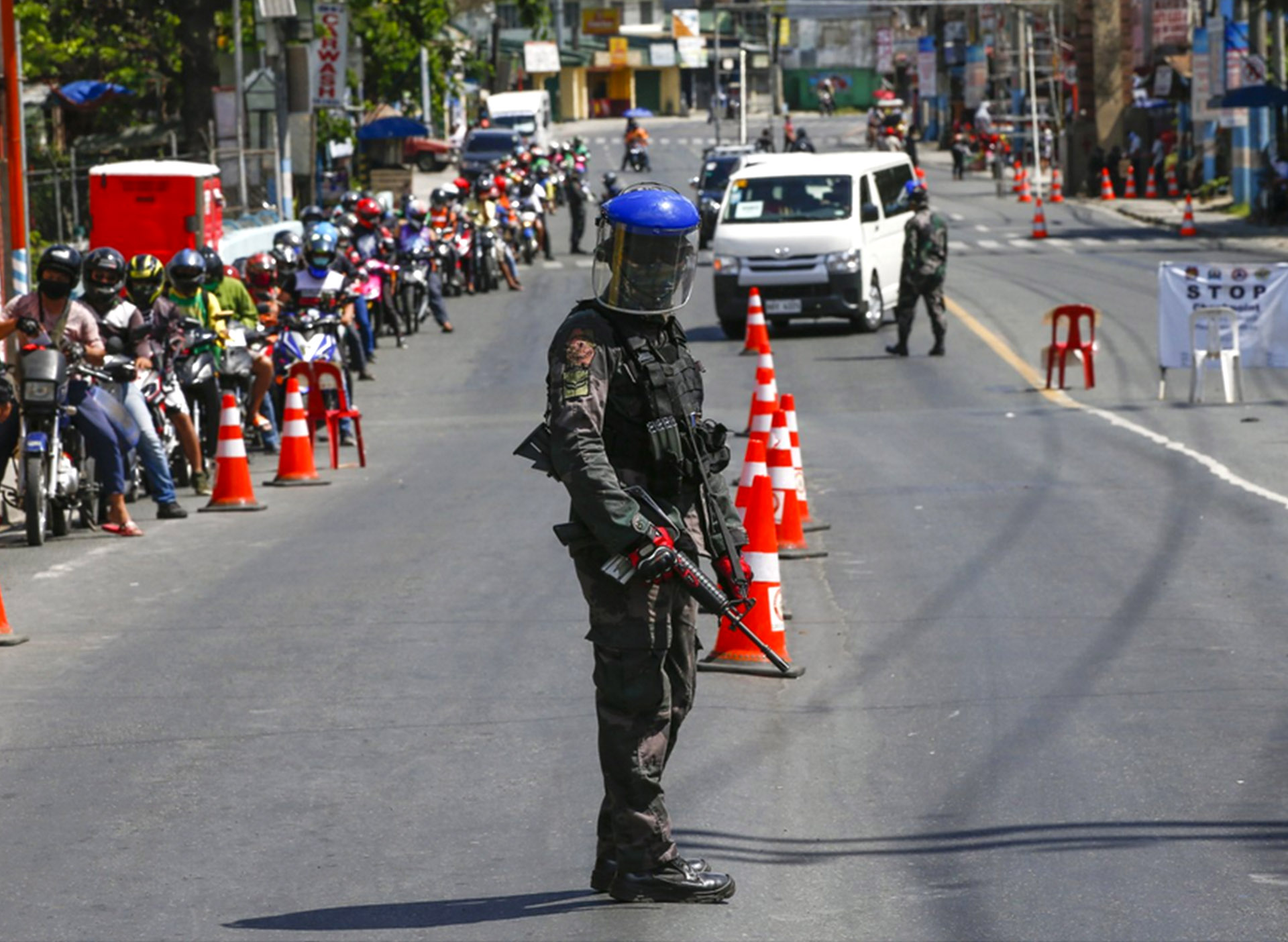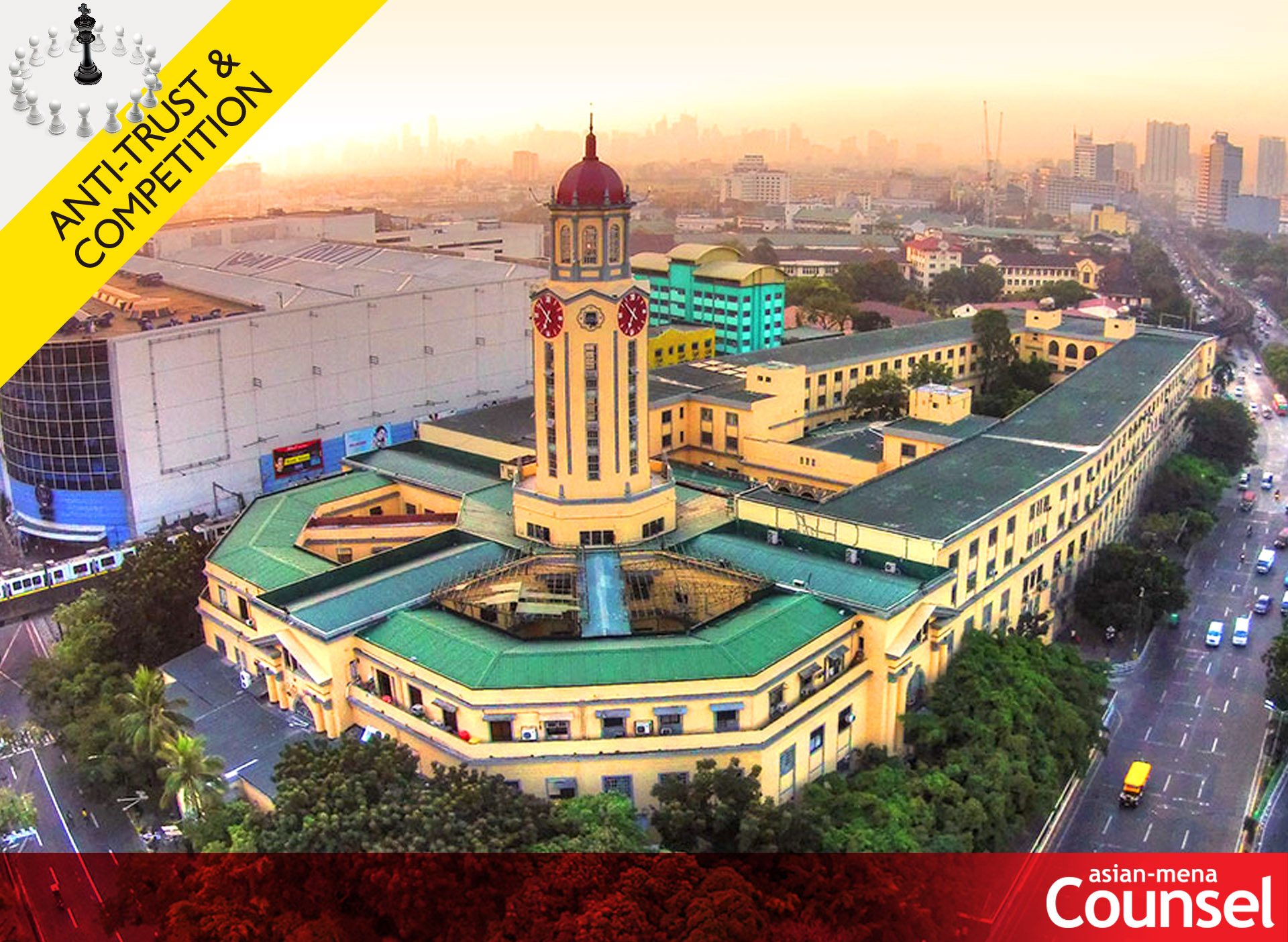 By Mara Kristina O Recto, ACCRA Law
By Mara Kristina O Recto, ACCRA Law
Last September 9, 2018, the Philippine Competition Commission (PCC) published the Joint Venture Guidelines (JV Guidelines) aimed to help businesses determine when a joint venture shall be subject to compulsory notification pursuant to its power to issue guidelines on competition matters for the effective enforcement of the Philippine Competition Act (PCA).
Under Philippine setting, a joint venture (JV) may be formed through any of the following schemes, among others: a) incorporation of a new company; b) entering into a contractual JV; or c) acquiring shares in an existing JV entity. The JV Guidelines provided the basis for computation of the notification thresholds for JV transactions and declared that a transaction is notifiable when parties to a JV meet both the size of party test and size of transaction test.
Pursuant to the JV Guidelines, the size of party test is met when the aggregate annual gross revenues in, into or from the Philippines, or value of assets in the Philippines of the ultimate parent entity (UPE) of at least one of the acquiring or acquired entities, including that of all entities that the UPE directly or indirectly controls, exceeds P5 billion. On the other hand, under the size of transaction test, the JV is subject to compulsory notification when the aggregate value of the combined assets of the JV Partners in the Philippines or contributed into the proposed JV exceed P2 billion, or the gross revenues generated in the Philippines by assets combined or contributed into the JV exceed P2 billion. In the case of the acquisition of shares in an existing JV entity, the JV Guidelines provide that the assets or gross revenues generated by such assets of the existing JV entity shall be included in determining the threshold. Assets refer to both tangible and intangible assets pursuant to the Guidelines on the Computation of Merger Notification Thresholds of the PCC.
 In case the JV Partner intends to defer its contribution to the JV, the deferred contribution forms part in determining the amount of contribution to the JV, provided it is contemplated in the JV agreement. Should the JV Partners agree to transfer assets which constitute successive contributions not included in the JV agreement, the subsequent transfer of assets contained in any subsequent agreement within one (1) year from the JV agreement shall be treated as part of the JV agreement. In case the JV Partners agree to transfer assets subject to conditions that may or may not occur, the JV Partners are required to notify the PCC within thirty (30) days from fulfilment of such condition.
In case the JV Partner intends to defer its contribution to the JV, the deferred contribution forms part in determining the amount of contribution to the JV, provided it is contemplated in the JV agreement. Should the JV Partners agree to transfer assets which constitute successive contributions not included in the JV agreement, the subsequent transfer of assets contained in any subsequent agreement within one (1) year from the JV agreement shall be treated as part of the JV agreement. In case the JV Partners agree to transfer assets subject to conditions that may or may not occur, the JV Partners are required to notify the PCC within thirty (30) days from fulfilment of such condition.
The JV Guidelines mandate that if joint control exists after completion of the transaction, the parties need to make a merger notification. Joint control, which may be established on a de jure or de facto basis, is the ability of the JV partners to substantially influence or direct the actions or decisions of the JV, and exists when an entity has the ability to determine the strategic commercial decisions of the JV (positive joint control), or to veto such strategic decisions (negative joint control), except for ordinary veto rights. Veto rights over specific decisions critical or essential for the JV in the particular market it operates or will operate may be an important element in establishing the existence of joint control. A joint control may manifest in different forms such as equality in voting rights or appointment to decision-making bodies, veto rights, joint exercise of voting rights. However, equity ownership alone does not establish the presence or absence of joint control. The JV Guidelines recognise that although a JV Partner may hold a minority stake in the JV, he may still exercise substantial influence on the JV. In the acquisition of shares in an existing entity, there is no minimum percentage of shares that must be acquired to establish joint control.
It is worth noting that entities intending to form part of a JV are presumed to acquire joint control whether through the formation of the JV or through the acquisition of shares in an existing entity conferring joint control, post-transaction.
In the end, the PCC must strive to strike a balance — it must be encouraging and permissive enough to allow the emergence of pro-competitive JVs, while continuing to be the vanguard against activities and transactions that would stifle competition and harm consumer welfare.
The views and opinions expressed in this article are those of the author. This article is for general informational and educational purposes only and not offered as and does not constitute legal advice or legal opinion.
(Note: This article first appeared in Business World, a newspaper of general circulation in the Philippines.)

T: (632) 830 8000







































 Angara Abello Concepcion Regala & Cruz Law Offices (ACCRALAW)
Angara Abello Concepcion Regala & Cruz Law Offices (ACCRALAW) Emerico O. De Guzman
Emerico O. De Guzman







